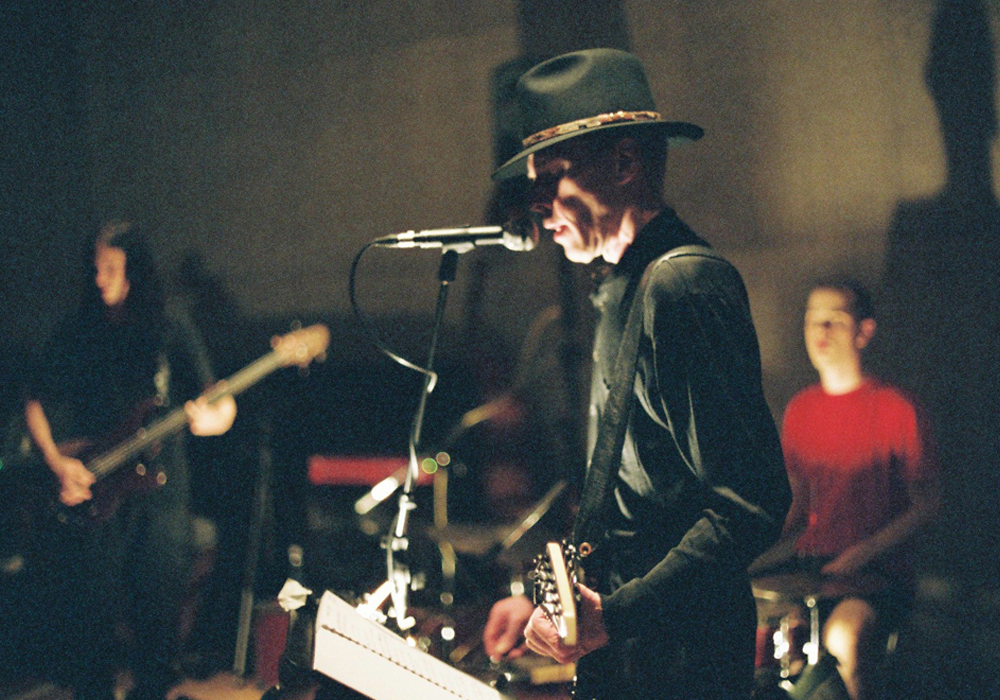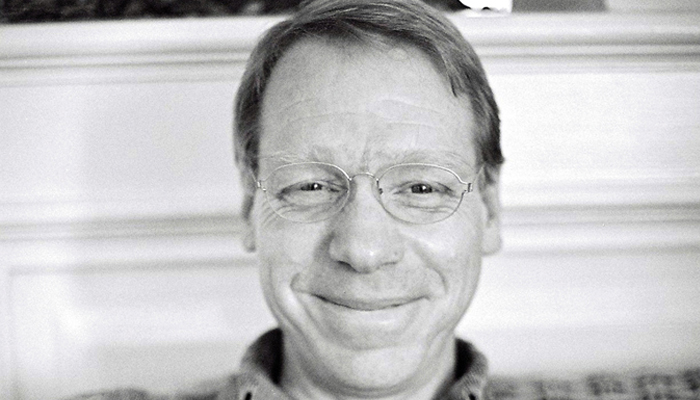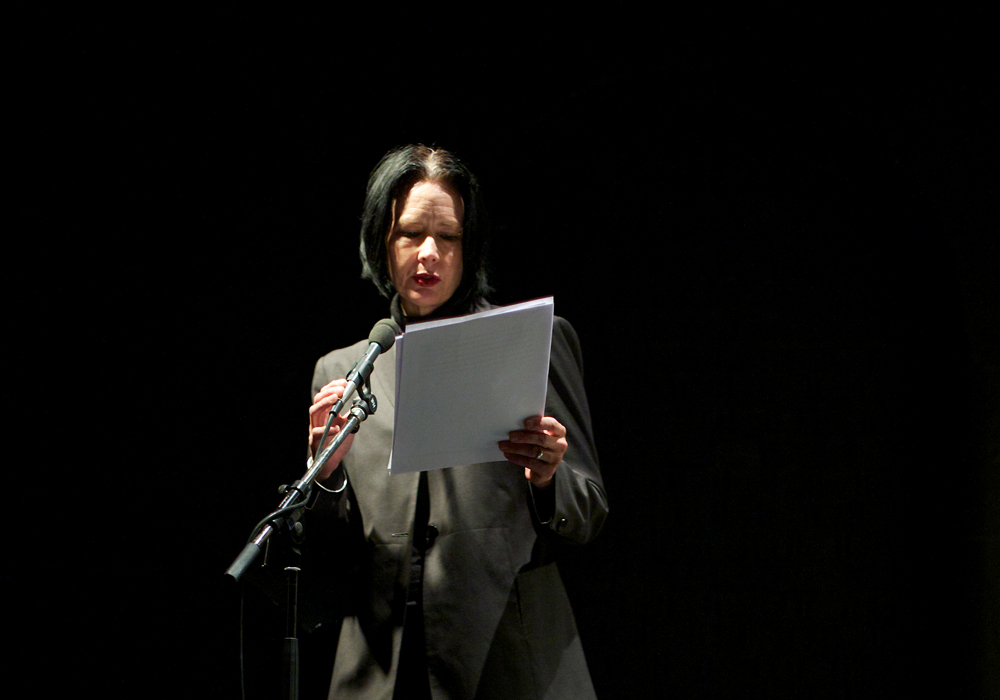
Issue Project Room, New York 05
Alan Licht Chris Corsano Jandek Loren Mazzacane Connors Matt Heyner
Performances at Anthology Film Archives by by Loren Mazzacane Connors, Alan Licht & Jandek.
Arika have been creating events since 2001. The Archive is space to share the documentation of our work, over 600 events from the past 20 years. Browse the archive by event, artists and collections, explore using theme pairs, or use the index for a comprehensive overview.

Performances at Anthology Film Archives by by Loren Mazzacane Connors, Alan Licht & Jandek.
Take a break and/ or hang in an Open Meet Up in IRL and URL

From really simple, open instructions, An Unrhymed Chord creates a kind of half-way point between composition and improvisation.

Vanessa Place talks at The Friday Event series at the Glasgow School of Art about her practice as a writer.

The struggle for sex workers’ rights and how we can understand it in the continuum of care work and other forms of invisibilised and precarious work.

An evening of live performances, readings & saucy rococo cakes celebrating the launch of Truth and Lies – An Anthology of Writing and Art by Sex Workers.

Hijokaidan rapidly built a following due to the overwhelmingly physical intensity of their live performances, often involving destructive onstage rituals of vomit, urine, mangled guitars and ear shredding volume.

Three days of discussions, performances, actions, dancing and food – continuing No Total’s ongoing contemplation of ways of being together and the ways Arika have been entangled in those, ever since Episode 4.

The program of composed music including Feldman’s Instruments III, Ligeti’s piece for 100 Metronomes Poeme Sympathetique, and Rebonds B by Iannis Xenakis.

Some of the most breathtaking, delicate and smoke filled guitar playing this side of Loren Connors or the quieter sides of Keiji Haino.
Discussion with David Keenan: an author, critic and musician based in Glasgow, Scotland. He is best known for the reviews and features he has contributed to The Wire.

How do we sense entanglement? Can the knotting of ropes according to a poem’s rhythm make the social pulse of language matter?